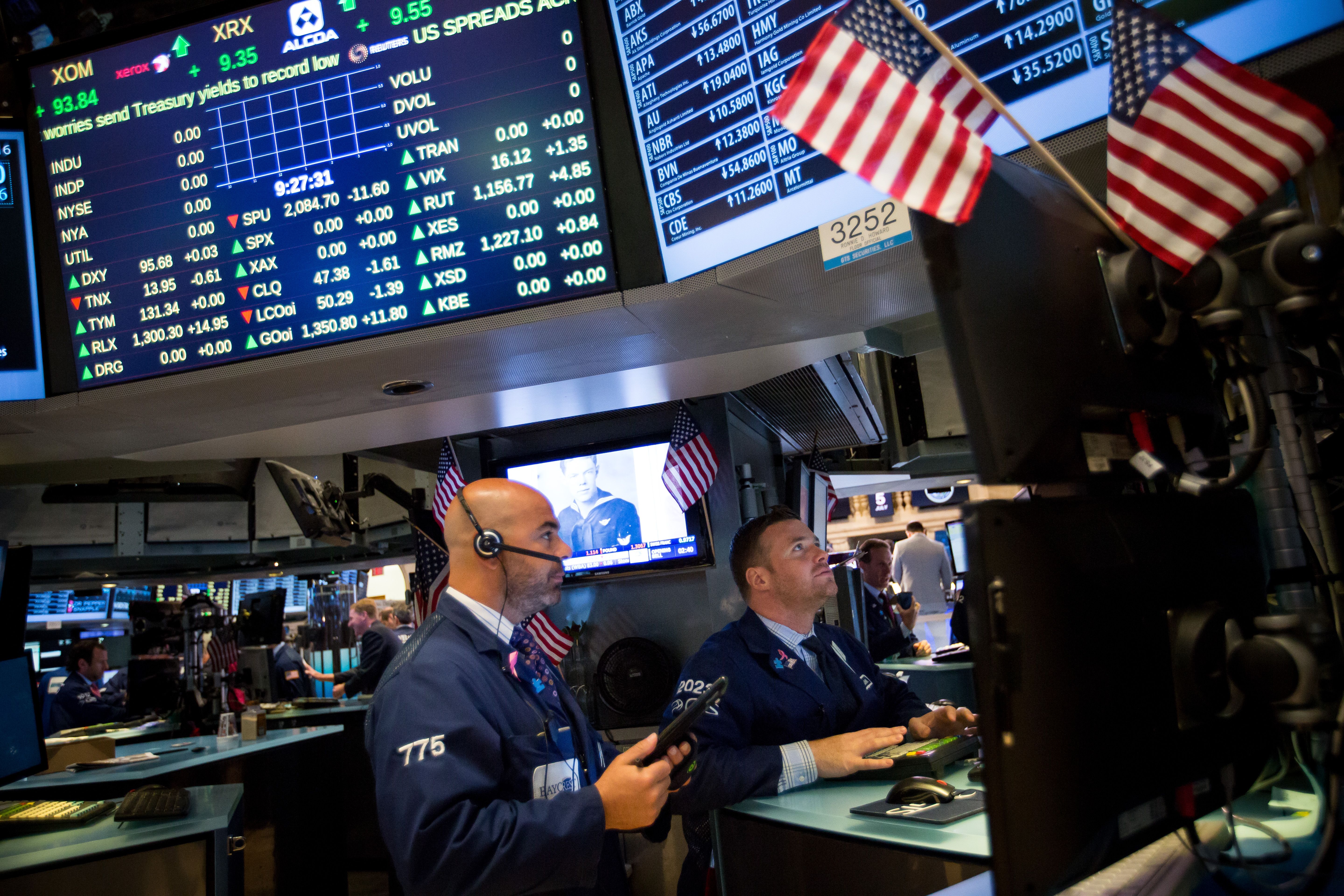The MSCI’s world equity index, which tracks shares in 47 countries, was flat on Monday, April 16, and a benchmark pan-European stock index was marginally lower.
European and U.S. government bond yields, which move inversely to prices, rose across the board. That was partly as attention turned to what is expected to be a robust first-quarter U.S. corporate earnings season, which begins in earnest this week.
U.S. stock futures were pointing to a higher opening on Wall Street, with Dow and S&P Futures up 0.6 percent each and Nasdaq futures up 0.7 percent.
First quarter earnings for U.S. companies will be very important after February’s sell-off, Lombard Odier Investment Managers chief investment strategist Salman Ahmed said.
“If there is a genuine dent in earnings, people will sit up and take notice,” he said, noting that regulation will be a powerful driver for the technology sector, citing the example of Facebook, as well as the banking industry.
The dollar failed to hold its early gains on the yen and eased to 107.27, though that was still up on last week’s low around 106.62.
Dealers were keeping a wary eye on Japanese politics after a survey showed support for Prime Minister Shinzo Abe had fallen to 26.7 percent, the lowest since he took office in late 2012.
Abe’s sliding ratings are raising doubts about whether he can win a third three-year term as ruling Liberal Democratic Party leader in a September vote, or if he might even resign before the party election.
“For markets, the question is whether this matters for economic policy,” UBS Wealth Management global chief economist Paul Donovan said. “A change in leadership may matter if the next prime minister has a radically different agenda.”
Japan’s Nikkei rose 0.3 percent while MSCI’s broadest index of Asia-Pacific shares outside Japan slipped 0.4 percent as Chinese blue-chips skidded 1.7 percent.
The euro was a higher at $1.2368, while the dollar index eased to 89.540.













